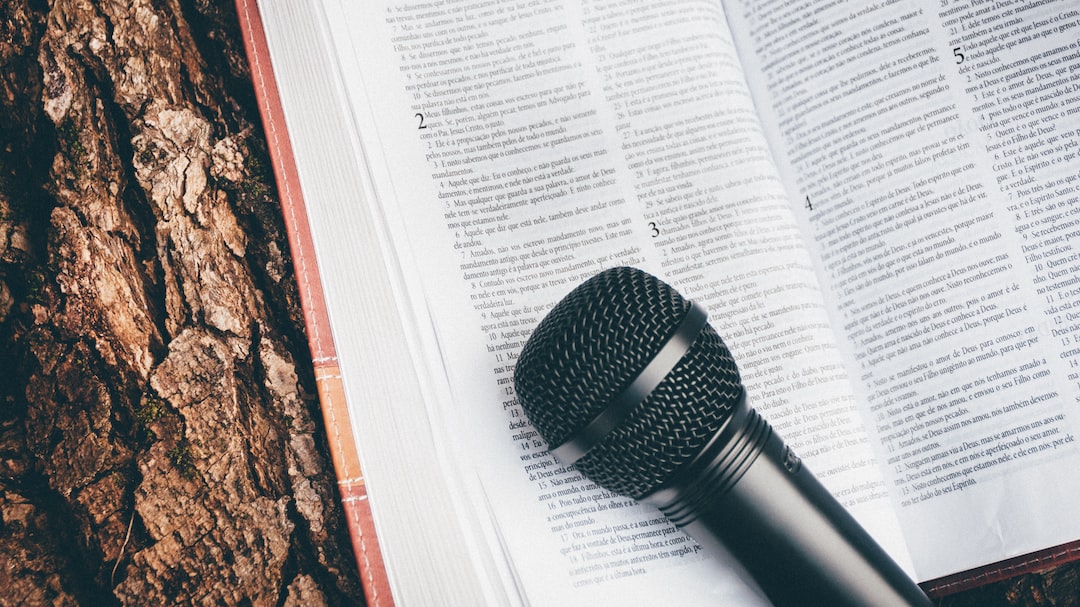New Study Finds Surprising Link Between Social Media Use and Mental Health
In today’s digital age, it is undeniable that social media has become an integral part of our lives. From connecting with friends and family to staying informed and entertained, these platforms offer numerous benefits. However, recent research has uncovered a surprising link between social media use and mental health, raising concerns about its impact on our well-being.
A groundbreaking study conducted by researchers from the University of Pittsburgh revealed a strong association between frequent social media use and increased feelings of depression and loneliness. The study, which involved analyzing the data of over 1,700 young adults, found that participants who spent more time on social media each day reported higher levels of depression symptoms compared to those who spent less time.
This surprising correlation challenges the common perception that social media fosters connection and improves well-being. While it is true that these platforms help users stay connected and provide a sense of belonging, excessive usage can lead to detrimental effects on mental health.
So, how exactly does social media contribute to such negative outcomes? One possible explanation lies in the nature of these platforms, which often amplify the highlight reels of others’ lives. Constant exposure to friends and acquaintances showcasing only the best aspects of their lives can create an idealized and unattainable standard to compare oneself to. This phenomenon, known as “social comparison,” has been linked to decreased self-esteem and increased depressive symptoms.
Social media can also foster feelings of loneliness and isolation. While it may seem counterintuitive given its focus on connecting individuals, excessive use can impede real-life social interactions. Spending hours scrolling through carefully cultivated feeds can lead to a decreased desire to engage in face-to-face interactions, leaving individuals feeling isolated and disconnected from their peers.
Furthermore, social media can be a breeding ground for cyberbullying and online harassment. The anonymity provided by these platforms can embolden individuals to engage in harmful behavior that they may not exhibit in offline settings. Constant exposure to such negative experiences can have profound effects on mental health, leading to increased anxiety and stress levels.
Despite these alarming findings, it is crucial to recognize that social media, when used in moderation, can still have positive effects on mental health. It serves as a valuable tool for self-expression, raising awareness about important issues, and providing support communities for marginalized groups. The key lies in adopting a balanced approach to social media use, ensuring it does not replace real-life connections but rather complements them.
To mitigate the negative impact of social media on mental health, individuals can consider incorporating the following strategies into their online routines. First and foremost, setting boundaries and limiting screen time can help prevent excessive use and dependence on these platforms. It is beneficial to allocate specific time slots for social media use, allowing for ample time for offline activities and human interaction.
Additionally, curating one’s social media feed is essential. Unfollow accounts that perpetuate unrealistic beauty standards or negatively impact self-esteem. Instead, follow pages that promote body positivity, mental health awareness, and inclusivity. Surrounding oneself with positive content can significantly improve overall mood and mental well-being.
Engaging in purposeful online activities, such as participating in meaningful discussions or pursuing hobbies of interest, can also enhance the social media experience. By leveraging these platforms for personal growth and self-expression, individuals can derive more fulfillment and reduce the risks associated with excessive use.
In conclusion, the recent study revealing an unexpected link between social media use and mental health serves as a wake-up call. While these platforms offer undeniable benefits, excessive usage can have detrimental effects on our well-being. By adopting a balanced approach to social media use, setting boundaries, curating our feed, and engaging in purposeful activities, we can help mitigate the negative impact and foster a healthier relationship with these powerful tools.


